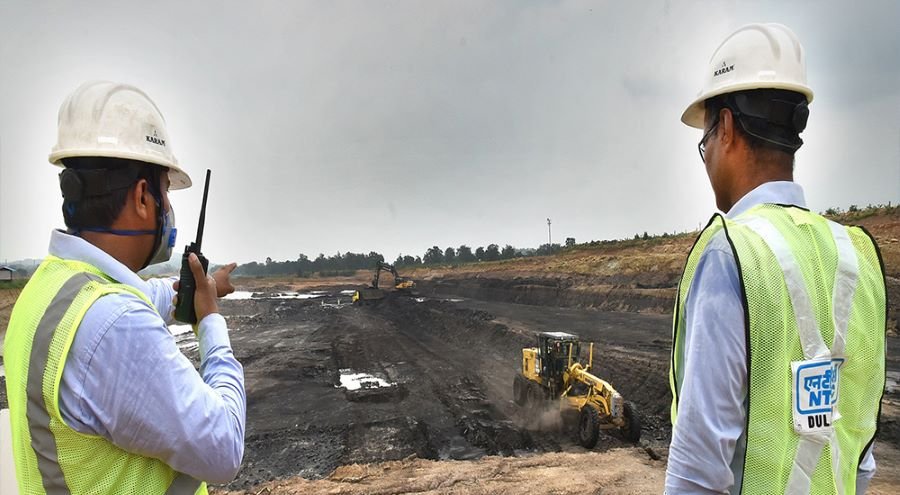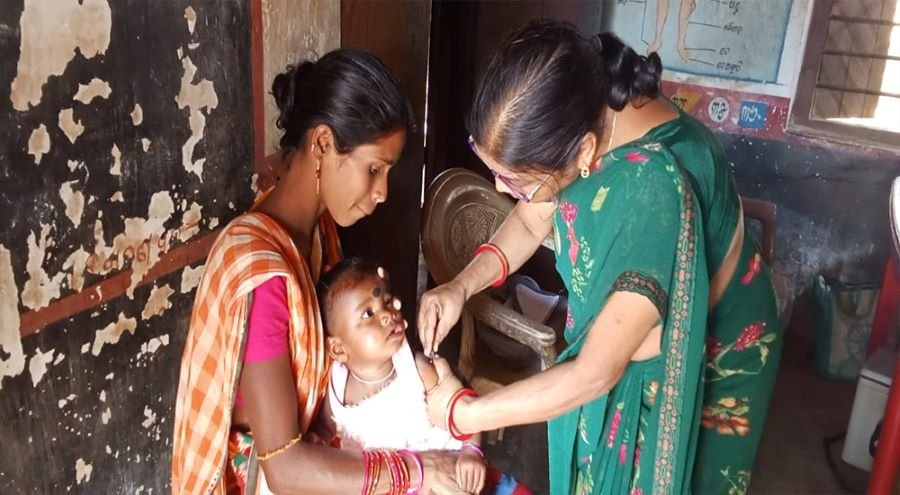In the vast tapestry of India’s development journey, Public Sector Undertakings (PSUs) have been more than economic engines—they have been pillars of social transformation. Among these, NTPC Limited, India’s largest integrated energy company, stands out for its unwavering commitment to lighting not just homes but also hopes. Through its multifaceted Corporate Social Responsibility (CSR) initiatives, NTPC has played a pivotal role in advancing rural electrification and fostering inclusive growth in the remotest corners of the country.
A Legacy of Powering Progress
Established in 1975, NTPC (National Thermal Power Corporation) began with a mandate to generate reliable and affordable power for the nation. Today, with an installed capacity of over 73 GW, NTPC powers more than a quarter of India’s electricity needs. However, beyond generation and distribution, the PSU’s vision has expanded to include nation-building through community engagement.
NTPC’s CSR initiatives are guided by a deep belief that access to electricity is not just a utility, but a fundamental right—one that can transform education, healthcare, livelihoods, and safety.
The Ground Realities of Rural India
According to the Ministry of Power, over 18,000 villages were without access to electricity as recently as 2015. While the Government of India launched the Deendayal Upadhyaya Gram Jyoti Yojana (DDUGJY) and later the Saubhagya Scheme, the role of PSUs like NTPC in supplementing and accelerating these missions has been instrumental.
In partnership with central schemes and state authorities, NTPC’s CSR wing has electrified thousands of remote habitations, including those in tribal belts, hilly terrains, and forested zones where infrastructure development is both expensive and logistically complex.
Lighting Lives—Literally and Figuratively
One of NTPC’s flagship CSR initiatives, “Lighting Lives”, has brought clean and sustainable energy to over 2 lakh households across states such as Jharkhand, Odisha, Chhattisgarh, Madhya Pradesh, and Assam. The approach isn’t limited to grid extension; NTPC has actively promoted decentralized renewable solutions including:
- Solar Mini-Grids in off-grid villages
- Solar Lantern Distribution to school-going children
- Solar Street Lighting Systems for public safety and convenience
- Biogas Plants and Improved Cookstoves to reduce indoor air pollution
In a notable case, the tribal village of Banjikhol in Odisha, located in a dense forest and inaccessible by road, was brought under the glow of solar-powered mini-grids under NTPC’s CSR program. The community, once dependent on kerosene and firewood, now enjoys improved living conditions, children study longer hours, and women feel safer stepping out after dusk.
Education Empowered Through Electrification
Electrification of Anganwadis, government schools, and hostels has been another critical focus area. In Madhya Pradesh’s Singrauli district, NTPC facilitated the solar electrification of over 50 rural schools, enabling the use of digital learning tools and evening study sessions. Similar efforts in Jharkhand’s Hazaribagh have directly impacted girl students staying in government-run tribal hostels, improving their academic performance and overall confidence.
Healthcare and Clean Energy
Rural health centers often face a dual crisis—shortage of power and cold chain failures for vaccines. NTPC’s electrification of Primary Health Centers (PHCs) and sub-centers using solar energy has enhanced immunization coverage and enabled uninterrupted services. In remote parts of Chhattisgarh, solar refrigerators installed by NTPC under its CSR wing have preserved vaccines effectively, reducing wastage and boosting immunization rates.
Facts & Figures: NTPC’s CSR in Electrification (2019–2024)
Initiative | Impact |
Villages Electrified | 6,500+ |
Solar Lanterns Distributed | 3,20,000+ |
Solar Street Lights Installed | 48,000+ |
Schools Electrified | 1,200+ |
Health Centers Powered | 250+ |
CSR Budget for Energy Access (Last 5 Years) | ₹150+ Crores |
(Source: NTPC CSR Annual Reports and MoUs with State Nodal Agencies)
Community Participation and Sustainability
One hallmark of NTPC’s success has been its emphasis on community ownership. In most rural electrification projects, Village Energy Committees are formed and trained to manage the installed systems. This participatory model not only ensures maintenance but also fosters a sense of pride and responsibility among beneficiaries.
Moreover, NTPC’s partnerships with NGOs and local self-help groups have empowered women by training them as solar technicians and micro-entrepreneurs. In Bihar’s Aurangabad district, for instance, a group of women now run a solar repair kiosk, providing services to neighboring villages and earning a livelihood in the process.
Supporting National Goals and Global Commitments
NTPC’s electrification initiatives are directly aligned with the Sustainable Development Goals (SDGs), particularly:
- SDG 7: Affordable and Clean Energy
- SDG 3: Good Health and Well-being
- SDG 4: Quality Education
- SDG 5: Gender Equality
These CSR programs also complement India’s National Solar Mission, with a conscious push towards reducing carbon footprints and replacing fossil fuel-based lighting with renewables in rural households.
Looking Ahead: Innovation & Expansion
NTPC is now exploring IoT-based smart solar systems for villages that can monitor energy consumption and notify users about optimal usage. Furthermore, drone-assisted surveys and AI-led village mapping are being piloted to identify underserved regions faster and more efficiently.
The PSU has also announced its commitment to spend at least 2% of its average net profits on CSR, with a large portion earmarked for rural infrastructure and electrification, especially in aspirational districts identified by NITI Aayog.
Conclusion: Powering the Nation, Empowering the People
In a country where electricity is the lifeline of development, NTPC’s role transcends that of a utility provider. It has emerged as a development partner, igniting progress one village at a time. Through its robust and responsive CSR programs, NTPC has illuminated more than homes—it has illuminated dreams, opportunities, and the very future of rural India.
As India continues its journey toward becoming a $5 trillion economy and achieving energy justice, the contribution of PSUs like NTPC remains vital. Their interventions go far beyond power generation—they are about nation-building at the grassroots, and empowering the last citizen at the last mile.
At CSR TIMES, we applaud the unwavering commitment of NTPC and encourage other PSUs to follow this shining example of how corporate resources can be channeled to create meaningful, measurable, and lasting social impact.


































